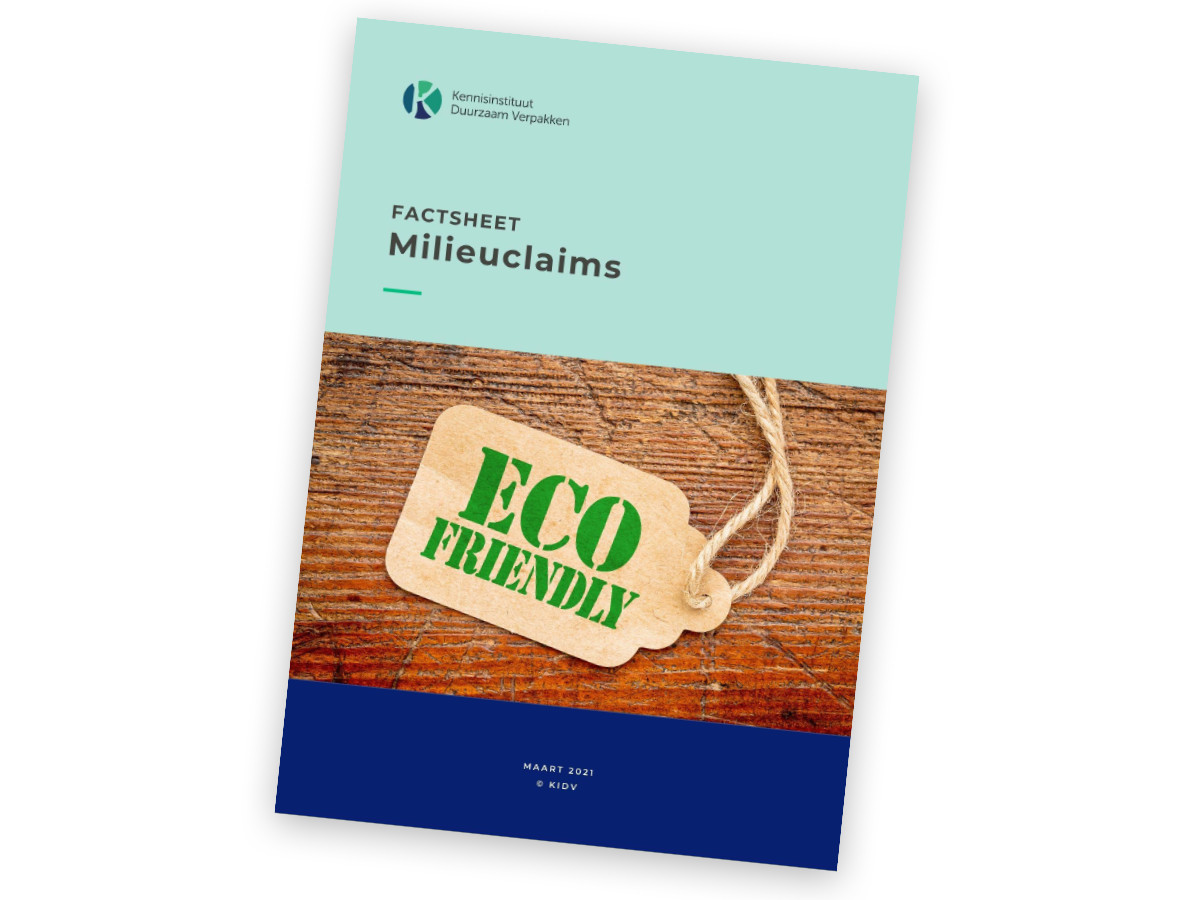
Packaging regularly states that it is '100% recyclable' or 'fully compostable'. When can one use such a claim and when is it false and potentially misleading for consumers? The Sustainable Packaging Knowledge Institute published the Environmental Claims Fact Sheet on March 22, 2021, describing the legal frameworks for these claims, using a number of common examples.
The Dutch Advertising Code Foundation (SRC) defines environmental claims as 'all advertising messages that implicitly or explicitly refer to environmental aspects related to the production, distribution, consumption or waste processing of goods or services', thus including packaging materials. However, it is not always clear which claims are allowed and which are not, for example because they are misleading.
"Claims should always be assessed on a case-by-case basis and in the specific context in which they are used. You cannot lump all packaging and claims together," says packaging expert Karen van de Stadt of the KIDV. "In our fact sheet, we list nine examples of claims and explain the legal framework. Legally, it's sometimes quite complicated, but all claims must be demonstrable."
The first part of the KIDV fact sheet describes the main sources of the legal framework. The prohibition of misleading and other unauthorized statements is laid down in various (legal) sources. These include not only European and national legislation, but also self-regulatory agreements (e.g. advertising codes and standards). The second part contains nine examples of common claims, including those about recyclability, circularity, compostability and the use of sustainable materials. Where possible, references are made to applicable laws and regulations.
Click here to view the fact sheet (Dutch only)
kidv.nl
Source: KIDV